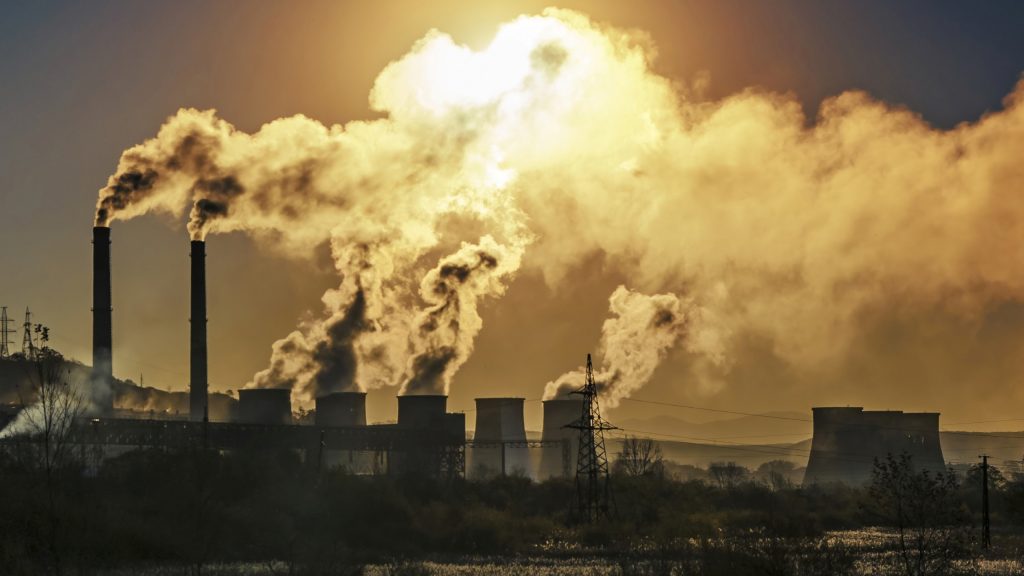The $43bn State Super will look to slash emissions in its investment portfolio by close to half by 2030 as it embarks on the path to net zero by 2050, in line with the Paris Agreement.
State Super, also known as SAS Trustee Corporation, took the decision to target a 45 per cent cut in emissions by 2030, and to hit net zero by 2050, to protect members’ financial interests, CEO John Livanas said.
“Fundamentally, our primary objective is to ensure members’ best financial interests are met. And really, the whole decarbonisation of our portfolio is through that lens.”
Members supported the fund taking a view on climate risk in the portfolio, he added.
“If we didn’t take climate risk into account, we wouldn’t be able to provide members investment returns without taking enormous risks,” he said.
The fund’s chair, Nicholas Johnson, noted the shift in the investment landscape amid the widespread green push.

“It has become abundantly clear that in acting in the best financial interests of members, superannuation trustees must respond to the investment risks associated with climate change and seek to mitigate them.
“It is equally important for them to realise investment opportunities that will come from the transition to a low-carbon economy, including from new technologies, initiatives and policies over short-, medium- and long-term investment horizons,” Mr Johnson said.
State Super’s 45 per cent reduction by 2030 will be in the weighted-average intensity of carbon dioxide equivalent, or CO2e, emissions by revenue against an end of calendar 2020 baseline.
This is versus the Paris Agreement’s 2010 baseline, making State Super’s target more ambitious, Mr Livanas said.

As the majority of its baseline emissions are found in its equities holdings, it will firstly target reductions in this portfolio, before moving to alternatives and real assets. It will adjust the portfolio over time to ensure its emissions decline progressively.
Rather than opting to divest carbon-intensive industries, the fund will continue its engagement with companies through its investment managers and the Australian Council of Superannuation Investors, he added.
“It’ll be up to the investment managers to decide which holdings to divest or to engage, but fundamentally, our policy is to actually work with a company to look at how they will divest or how they will move their own emissions towards a carbon neutrality.
“If everyone were to divest from the difficult companies, it would mean we wouldn’t be helping. But by working with companies, making sure that they’re engaged towards a carbon-neutral future, we hope we’ll be able to get there quicker.”
Source: The Australian

